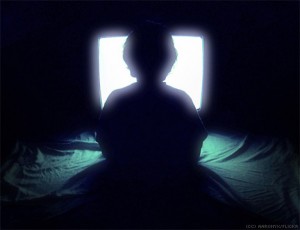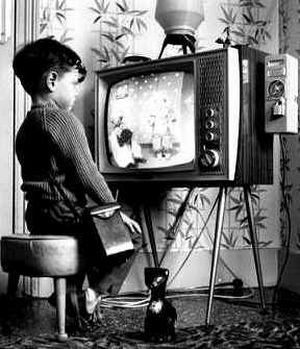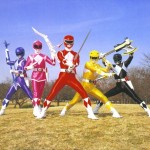Kids and Television
On a website called “Media Awareness Network,” there is an article entitled “Television’s Impact on Kids” about the dangers or concerns related to tv. The article addresses the various ways that tv can have a negative impact on the minds of children. The issues that it presents are violence, sexual content, and healthy development. It points out that television has more violence than everyday life and can cause aggression, desensitization, and fear among children. The article also explains that tv allows children to be much more sedentary than children from previous decades and promotes unhealthy food in commercials. The combination of these things could be a factor in the rising rates of obesity. While I have never heard of the argument that advertising plays a part in obesity, it seems like a logical complaint. It stems from the rising rates of childhood obesity and the concerns parents have other this new issue in today’s society.
The article has no author mentioned, but it is directed to parents or adults. The entire website seems directed at teachers and parents. This article is a form of moral panic because it bemoans the increased emphasis of television in children’s lives and explores any negative consequences tv might have. The piece is meant to be informative and to succinctly articulate the negative aspects tv has on kids.
The article emphasizes violence as a negative consequence, which is also a negative consequence of the nursery in “The Veldt” by Ray Bradbury. The children in the story become desensitized to violence and end up killing their parents rather ruthlessly in the end. In this way, the two pieces are similar. While Bradbury’s story doesn’t really explore sexual content aspects the nursery might have had, it does seem to go into the health concerns relating to tv and technology. The family members are all lazy and when threatened with turning off all the appliances, the little boy, Peter, asks if he’ll have to tie his own shoes (167)! The roles that technology played in the family’s life changed each member into lazy and spoiled people who were used to having everything done for them. The article worries that tv could cause similar laziness.
In these ways, Bradbury’s story and the article are extremely similar. Both fret over the role that technology, particularly tv, plays in people’s lives and the eventual effect it might have.






